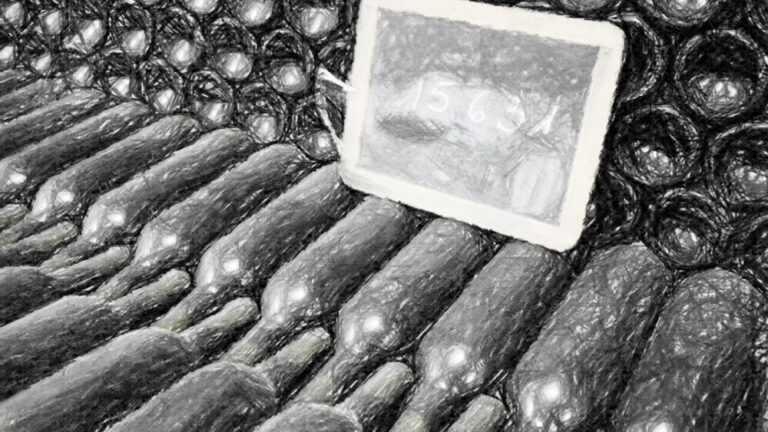‘The unexamined life is not worth living,’ said Socrates some 2400 years ago. The context: he spoke the words at his trial, just before he was sentenced to death. It’s a quote that has been discussed endlessly. His point was presumably that it is only through seeking to know and understand ourselves that we bring meaning to our lives. If he were to stop philosophising, he may as well be dead.
Generally speaking, it’s a good thing to examine our own lives and engage in a bit of self-reflection. It’s one route to dealing with some of the psychological baggage that we accumulate and carry around. We question ourselves:
- How am I doing?
- Was my behaviour in that situation helpful and appropriate?
- What are my blind spots?
- Why is my relationship with X so fraught?
- Why did I feel so anxious in that situation?
- What makes me happy?
- Do you think I’d be OK about the way I just behaved if I was on the receiving end?
- Deep down, what am I looking for?
- Why do I keep repeating this particular mistake?
Such self-awareness allows us to improve; it helps us understand others, too. But I would add three caveats.
First, the journey inside into our hearts and minds can be a perilous one, and sometimes it’s best not to attempt it without competent professional help.
Second, the danger to over-think things – and to be sucked into a black hole of negativity – is a real one. Moving on from difficult feelings and emotions can be hard. Hemingway once said that ‘happiness in smart people is the rarest thing I know.’ His point may be a little hyperbolic, but it is well made. If you are smart, and a thinker, it’s often tricky to not see too much: to be disillusioned by the human condition generally, and also by ourselves and those around us.
Third, some things really hurt, and the best way to deal with them is acknowledge them, and leave the wound to begin to heal on its own. The temptation is always to dig around a bit, pull the bandage off, see how the wound is, maybe prod it to see what happens. This is a mistake.
‘Life is difficult.’ That’s how M. Scott Peck famously began his best-selling self-help/psychology book The Road Less Travelled. Life throws up challenges. Daily we have to deal with things. Some of these things are very big things. How do we respond?
My tendency is to shove them away into a spare room and shut the door. Over time, though, the room fills up. I can no longer use it. And then all the stuff starts to bulge out: the room can no longer contain it. Things that would have been relatively easy to process in isolation can coalesce to the point that facing up to this accumulated mass of stuff is a daunting prospect. That’s where self-awareness and the willingness to engage in regular shadow work is actually helpful.
It can be tempting to look at people who never question themselves, and who never pause for self-reflection, and feel a pang of envy as they speed through life full of confidence and bustle. Theirs’ surely must be an easier course, rather than that of the thinker.
But is it? Does the failure to be reflective on occasion come at a cost? What is the loss in terms of depth of relationships? Do we just not get to see the tears of the clown? It there a tab that is run up, that at some stage has to be paid back?
The full quote from Peck: “Life is difficult. This is a great truth, one of the greatest truths. It is a great truth because once we truly see this truth, we transcend it. Once we truly know that life is difficult-once we truly understand and accept it – then life is no longer difficult. Because once it is accepted, the fact that life is difficult no longer matters.”
How does this relate to wine? Wine consumption can take place on many levels. At the simplest, wine is consumed without much thought: it is unexamined. This is perfectly legitimate, and one of wine’s key roles has been to act as a social lubricant. Drunk in company, at the table, wine has a vital social place. It enables us to be more fully ourselves; to open up and share; to participate more fully in the wonderful social occasion that is the meal. The unexamined wine can contribute a lot of pleasure.
But some reflection on what we are drinking can be rewarded. As we interrogate the glass, suddenly there’s a possibility of even more pleasure, when the wine is good and true.
There comes with this a danger, though. Over thinking is possible. Doubting the wine: seeing defects that might be in our own minds, not in the glass. Allowing analysis to over-reach and take over some of the pleasure we should be experiencing from the wine. We should let the wine lead, not our minds.
Is the unexamined wine worth drinking? Yes, in some contexts. But to get the most out of wine it pays to be consciously present, and to examine it a bit. How much depends on the context and our desire.
Reminder: this blog is irregularly updated, but there are daily updates on the main wineanorak site.



